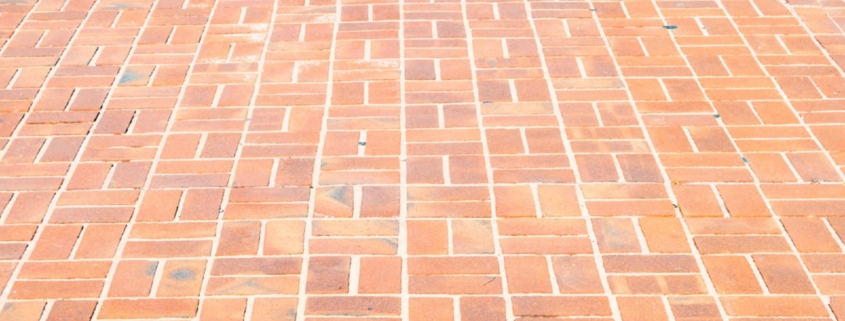Construction Guide #73 91
Title: Construction Guide #73: Key Tips and Best Practices
In the world of progress, construction is a critical component that forms our surroundings. It’s a large industry that demands a high level of skill, precision, and a keen understanding of various principles. In this article, Construction Guide #73, we will explore some crucial tips and best practices that will boost your construction prowess, increase your efficiency, and ensure the durability of your projects.
To start with, planning is crucial in construction. Before any actual building starts, a comprehensive and detailed plan must be in place. This includes a thorough assessment of the site, understanding of the project’s purpose, budgeting, and scheduling. A well-structured plan helps to predict potential challenges and lessen them, thus saving time and resources.
Next, selecting quality materials is essential. The durability and longevity of a construction project are closely linked to the quality of materials used. Always opt for high-grade materials that meet the required standards. Remember, compromising on quality might seem economical in the short run but can lead to frequent repairs and maintenance, boosting costs in the long run.
Next, safety should never be overlooked. Construction sites are often filled with potential hazards. Therefore, adhering to safety guidelines and regulations is crucial to protect workers and avoid accidents. This includes wearing appropriate safety gear, maintaining a clean and organized worksite, and regular inspections to identify and fix potential hazards.
Moreover, keeping up-to-date with the latest technology is a good practice that can substantially improve productivity and efficiency. Modern construction technologies, such as Building Information Modeling (BIM), drones, and 3D printing, can streamline the construction process, improve accuracy, and reduce human error.
One of the most overlooked aspects of construction is effective communication. It’s vital to establish clear lines of communication among all parties involved, including architects, engineers, workers, and clients. This guarantees everyone is on the same page, reduces misunderstandings, and keeps the project on track.
Sustainability is another critical factor to consider in today’s construction industry. Incorporating eco-friendly practices, such as using sustainable materials, implementing energy-efficient designs, and reducing waste, is not only beneficial for the environment but can also enhance your company’s reputation and appeal to environmentally conscious clients.
Lastly, ensure regular maintenance and inspection of your construction tools and machinery. This not only prolongs their lifespan but also improves their efficiency and reduces the risk of accidents due to faulty equipment.
In conclusion, successful construction is a blend of meticulous planning, quality materials, strict safety measures, modern technology, effective communication, sustainability, and regular maintenance. By adhering to these tips and best practices, you can execute your construction projects with greater efficiency, safety, and excellence, ultimately leading to satisfied clients and a prominent position in the competitive construction industry. Remember, in construction, every stone, every beam, every nail counts, and so does every decision you make. For the best Roofing Services Dublin or visit their Roofing Dublin business listing here.
For more details, check best Roofing Services Dublin or visit their Roofing Dublin business listing here.



